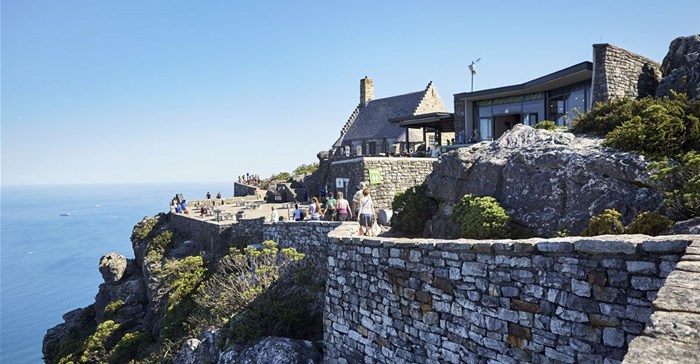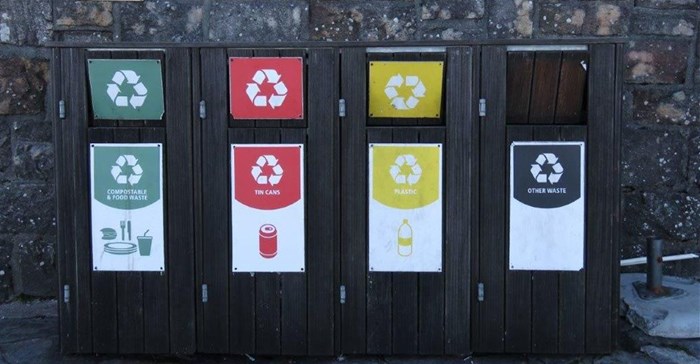
The Cableway transports more than a million visitors to the top of Cape Town’s New 7 Wonder of Nature annually. It is committed to balancing the core business of hosting high volumes of visitors with the sensitivities around operating within the Table Mountain National Park and the Cape Floral Region.
The Cableway, which was recognised for "Best Resource Management in Waste" at this year’s African Responsible Tourism Awards, subscribes to the United Nations Principles on Responsible Tourism and has two environmental certifications that are audited annually: ISO 14001 and the Heritage Environmental Management Programme.
• A full-time in-house recycler has been appointed to ensure maximum recyclable waste is removed from the general waste stream.
• Detailed waste records are kept of all waste that is created and removed from site on a daily, weekly and monthly basis to track progress.
• The number of recycling bins has been significantly increased to improve recycling at the Cableway’s offices and food preparation areas, as well as throughout public areas at both the Lower and Upper Stations to manage waste created by visitors.

• All food & beverage outlets use compostable straws (since 2010), plates, cups and cutlery. A formalised organic waste recycling programme was introduced to dispose of all used items as well as food and wet waste.
• Soda fountains and beer on tap were installed to dramatically reduce the use of glass, soft drink cans and plastic bottles. Cold drinks and beer are also served in recyclable PLA cups.
• Suppliers have reduced the amount of packaging by taking back boxes or bags used for deliveries, and by using re-usable crates.
• Due to the high volume of daily visitors, the Cableway cannot transport waste from the Top Station recycling room during operating hours, so has a dedicated night team for the after-hours transportation of waste to the Lower Station, where it is sorted for collection.
• A special tank attached to the cable car is used to transport wastewater down to the Lower Station where it enters the municipal sewer system.
• The Cableway’s four main waste streams – waste to landfill, dry recycling, organic/compostable waste and hazardous waste – are removed by accredited waste management contractors, who provide safe disposal certificates.
• Hazardous waste, such as printer cartridges, fluorescent lights, medical and sanitary waste as well as batteries, is removed by specialist companies.
"The Cableway is serious about waste management, and has been for many years," said Parker. "We have been formally recognised for being industry leaders and will continue to find innovative ways to ensure we meet our goal of having 80% of all our waste recycled within the next two years."